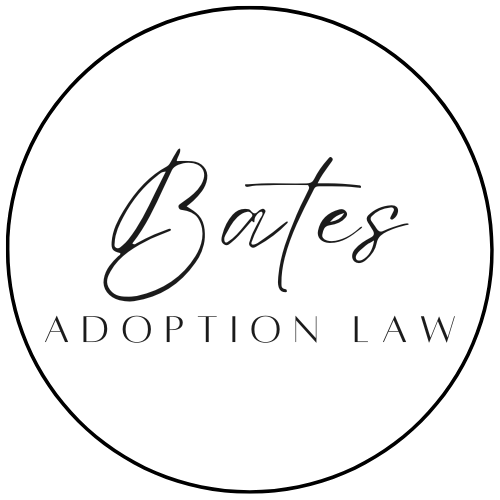Adopting a child is a joyous and fulfilling journey that comes with its own set of challenges. To alleviate some of the financial burdens associated with adoption, the United States government offers the Adoption Tax Credit. In this blog post, we will delve into the details of this tax credit, exploring its purpose, eligibility criteria, and how it can provide some financial relief to adoptive parents.
Purpose of the Adoption Tax Credit: The Adoption Tax Credit was established to assist adoptive parents with the significant costs associated with the adoption process. It is designed to make adoption more accessible by providing a financial incentive to adoptive families.
Adoption Tax Credit Amounts:
For adoptions finalized in 2023 (claimed in 2024), the maximum credit per adopted child is $15,950.
For adoptions finalized in 2022 (claimed in 2023), the maximum credit per adopted child is $14,890.
Eligibility Criteria: To take advantage of the Adoption Tax Credit, certain eligibility criteria must be met. These criteria include:
The adopted child must be under 18 years old, or if older, must have a physical or mental disability.
The adoptive parents must incur qualifying adoption expenses, such as adoption fees, court costs, attorney fees, and travel expenses.
Qualifying Adoption Expenses: Adoptive parents can claim the credit for reasonable and necessary adoption expenses. These may include:
Adoption agency fees
Court costs and attorney fees
Travel expenses directly related to the adoption
Medical expenses related to the child's adoption
Re-adoption expenses for intercountry adoption qualify.
**Birth mother expenses generally do not qualify.
Income Limits: The Adoption Tax Credit is subject to income limits. The credit begins to phase out for taxpayers with modified adjusted gross incomes above a certain threshold (which are adjusted each year). It’s essential for adoptive parents to understand these limits to maximize their potential credit.
Income Eligibility Criteria (2023):
Full credit for incomes below $239,230.
Partial credit for incomes between $239,230 and $279,230.
Incomes above $279,230 are not eligible.
Claiming the Credit: Adoptive parents can claim the Adoption Tax Credit on their federal income tax return using IRS Form 8839. The credit is non-refundable, meaning it can reduce taxes owed but cannot result in a refund if the credit exceeds the tax liability.
Timing of Claiming the Credit:
Foster care and intercountry adoptions must be final before claiming the credit.
In a domestic adoption, adoptive parents can claim when the adoption is final or in the tax year following expense payment.
Tax Credit vs. Tax Deduction:
A tax credit directly reduces the tax owed, while a deduction reduces taxable income. The Adoption Tax Credit is advantageous as it directly subtracts from the tax liability.
Relation to Tax Withholdings:
Some taxpayers adjust their W-4 withholdings to account for the Adoption Tax Credit.
Carryforward Option:
If the Adoption Tax Credit exceeds the adoptive parents' tax liability, they can carry forward any unused credit for up to five additional years. This allows families to benefit from the credit over multiple tax years.
Additional Information
Adoption Subsidy and Special Needs:
If a child qualifies as special needs according to the state’s criteria, parents qualify for the full credit with no expenses necessary.
Multiple Adoptions in the Same Year:
The adoption tax credit is applied on a per-child basis for qualifying families adopting multiple children.
Second Chance Adoption:
Families considering a second chance adoption can qualify for the adoption tax credit for the same child. Additional documentation may be requested.
Adoption Disruption:
Families experiencing adoption disruptions can still claim the Adoption Tax Credit for domestic adoptions that have failed or are not final. The credit received will be subtracted from future successful domestic placements.
Final Recommendation: Seek Professional Advice. Navigating the intricacies of the tax code can be complex, especially when it comes to adoption-related tax credits. I recommend that adoptive parents seek the guidance of a qualified tax professional or accountant to ensure compliance with current tax laws and to maximize the benefits of the Adoption Tax Credit.
Other Sources:
